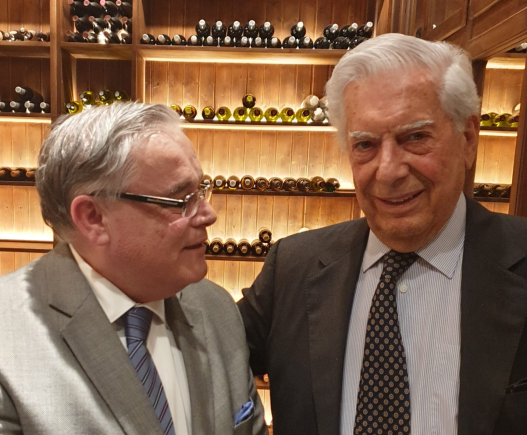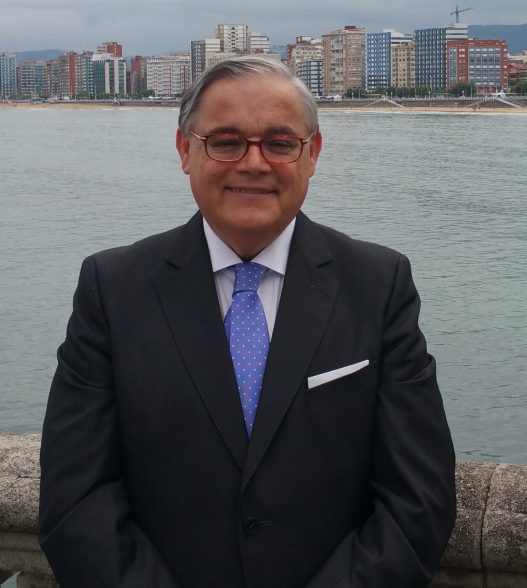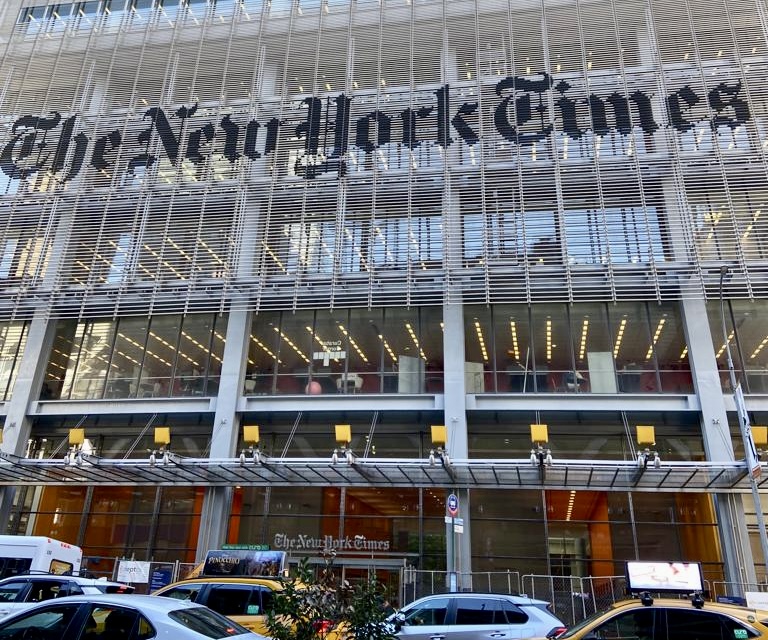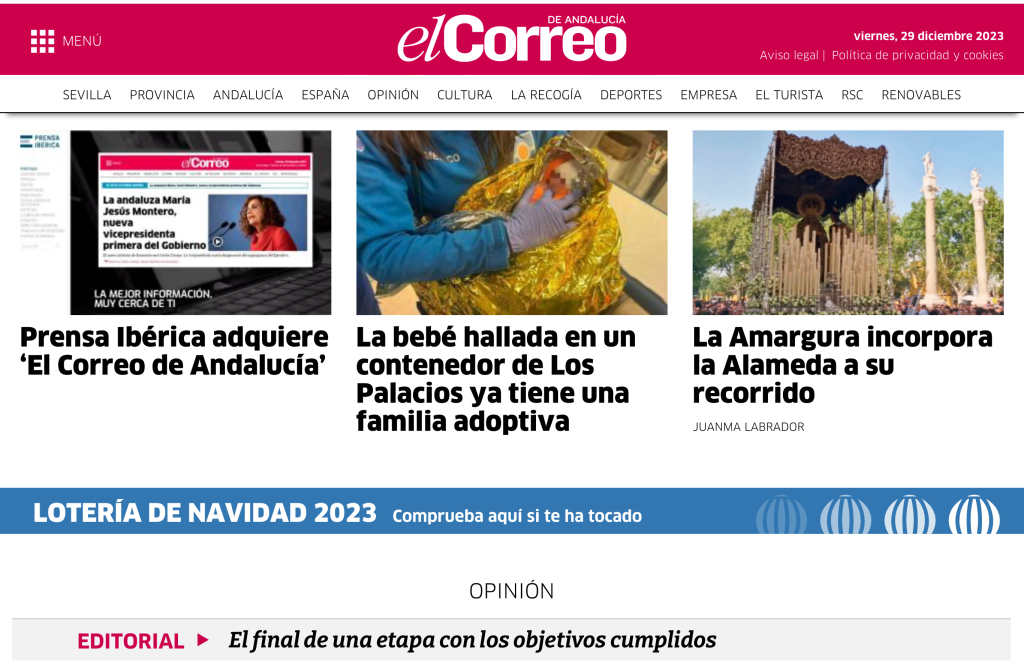ALBERTO BARCIELA
THE PASSION OF THE IMPOSSIBLE

“The passion of the impossible” is a phrase that Alphonse de Lamartine (1790-1869), French historian, politician and poet, wrote in an essay on Victor Hugo’s “Les Miserables”. He said that it is very dangerous to inoculate people with the passion of the unfeasible, unfeasible, impracticable, inaccessible, inhacedero. The novel, in a romantic style, poses through its plot an analysis of good and evil, intertwined; law, politics, ethics, justice -even divine justice-; religion or transcendence, universal, timeless, essential themes. Thus, the text represents a critique of social injustice and inequality, attempts a defense of the oppressed, whatever the place or socio-historical context of their circumstances, poignantly portrays matters such as love, compassion or solidarity.
An important aspect of “Les Miserables” is the critique of the social and political institutions of the time. Hugo, with his passionate narrative, denounces the corruption of the judicial system, the brutality of the police and the oppression of the underprivileged. He also addresses the hypocrisy of bourgeois society, which enriches itself at the expense of the misery of the poorest. Through his characters, the French author highlights the need for social and political reforms that address the needs of the underprivileged.
Lamartine ended up considering Hugo’s work “extremely dangerous”, because in his opinion it awakens “the instincts and from there come all the catastrophes”.
Contextualized at the beginning of the 19th century, and written in 1862, “Les Miserables” describes many of today’s problems, with the nuances provided by technical advances, the brutalism of wars, or new conditioning factors caused by modern warfare, climate change, populism, new mafias, migrations, etc.
Mario Vargas Llosa, whom I reread on the occasion of the announcement of his retirement as a novelist and columnist, is a good source of food for thought. The Peruvian author, Nobel Prize winner, read “Les Miserables” during his time as a boarder at the Leoncio Prado military school, where “The City and the Dogs” takes place, back in 1950. Moved by reading, in Hugo, Vargas Llosa finds themes that he also often picks up in his writings, such as the need for utopias: the sinister one, imposed by those who want to impose their social model, and the gentler one, the literary one, “through which we face perfection, beauty, which gives us an idea of the Absolute.”
In spite of everything, the imagination can harbor the hope of a better world, “thanks to fantasy we build other lives,” Vargas Llosa told ABC Cultural in his day, to conclude that “in the nineteenth century it was believed that by thinking well we could build perfect societies. Today we know that this engendered hell.
A European and an American, in different centuries, reached similar conclusions. They dialogue through time with their approaches, nuance each other, complement each other, help their readers to think and escape at this precise historical moment in which the best established plans seem to vanish in the mists of the insecure and uncertain, in the face of social conquests, welfare and technological advances.
Vargas Llosa, wondered at some point “why do things happen, by chance or moved by an invisible transcendent hand, by God, as Hugo believed?” “The curious thing about ‘Les Misérables,'” concluded the literary laureate, “is that it is narrated by an omnipresent narrator who knows all things, is that his creatures escape him. If what Victor Hugo (narrator) says were true, there would be no human freedom and no responsibility, but his characters act freely, they can choose. That is the sign of a masterpiece”. And perhaps it is also the sign of our days, we can choose and dream, but we do not know how to straighten the course.
Vargas Llosa, who is now 87 years old, dedicated a large part of his work to the human condition. In this order, in a recurrent way, he recalls his admiration for Jean-Paul Sartre -on whom he is now working on what he announces as his last essay-, and what he stated in his work on him, entitled “Existence is also a humanism”: “it is not the essence that determines existence, but on the contrary: The essence is not born with us, we shape it with existence”.
All those alluded to up to this point knew very well what Voltaire proposed and which became popular in May 68: “Let us be realistic, let us ask for the impossible”. In that conclusion begins a passion, perhaps an illusion, that makes us appear free and utopian, perhaps happy at times: hope. It is our freedom, whether we believe it or not. A possible passion, imaginable at least.
It is fascinating to explore the connections between authors from different periods and literary traditions, as it allows us to appreciate the richness and diversity of world literature. It is no small thing to escape for a few hours from so much nonsense.
————
Alberto Barciela, Spanish journalist, is vice-president of EditoRed.
This text is free to use. If you use it, please cite the author.




